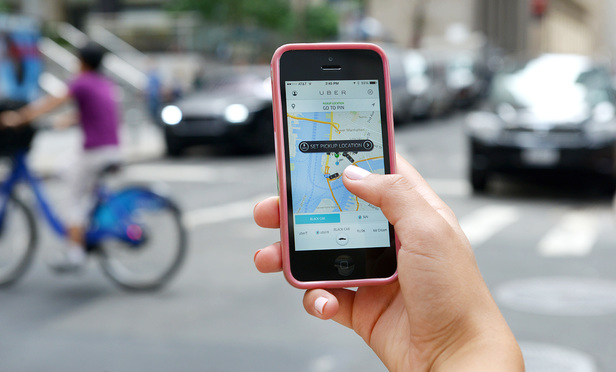Within the sharing economy, consumers participate in an entirely new marketplace and are empowered as part of the historic shift of leverage from traditional businesses. It’s not just a different venue for delivering existing products and services. It’s a new commerce where consumers can obtain the experience and exactness of products and services they desire: how they want them, when they want them, and at the price they want them.
Consumers are accessing a plethora of new options whether it is ride-share, home-share, web-to-door household services, or even eating out in someone else’s home. In turn, this transformative economy should trigger a matching reconsideration of how to apply laws and regulations governing commerce. For consumers’ benefit, the sharing economy requires a rethinking of what consumer protection should be.
This content has been archived. It is available through our partners, LexisNexis® and Bloomberg Law.
To view this content, please continue to their sites.
Not a Lexis Subscriber?
Subscribe Now
Not a Bloomberg Law Subscriber?
Subscribe Now
LexisNexis® and Bloomberg Law are third party online distributors of the broad collection of current and archived versions of ALM's legal news publications. LexisNexis® and Bloomberg Law customers are able to access and use ALM's content, including content from the National Law Journal, The American Lawyer, Legaltech News, The New York Law Journal, and Corporate Counsel, as well as other sources of legal information.
For questions call 1-877-256-2472 or contact us at [email protected]






